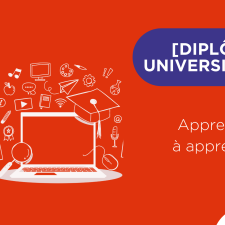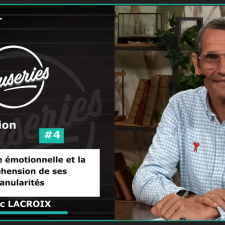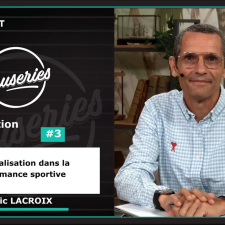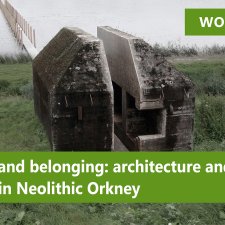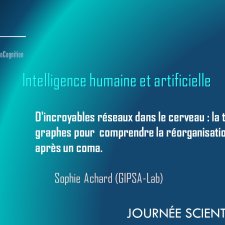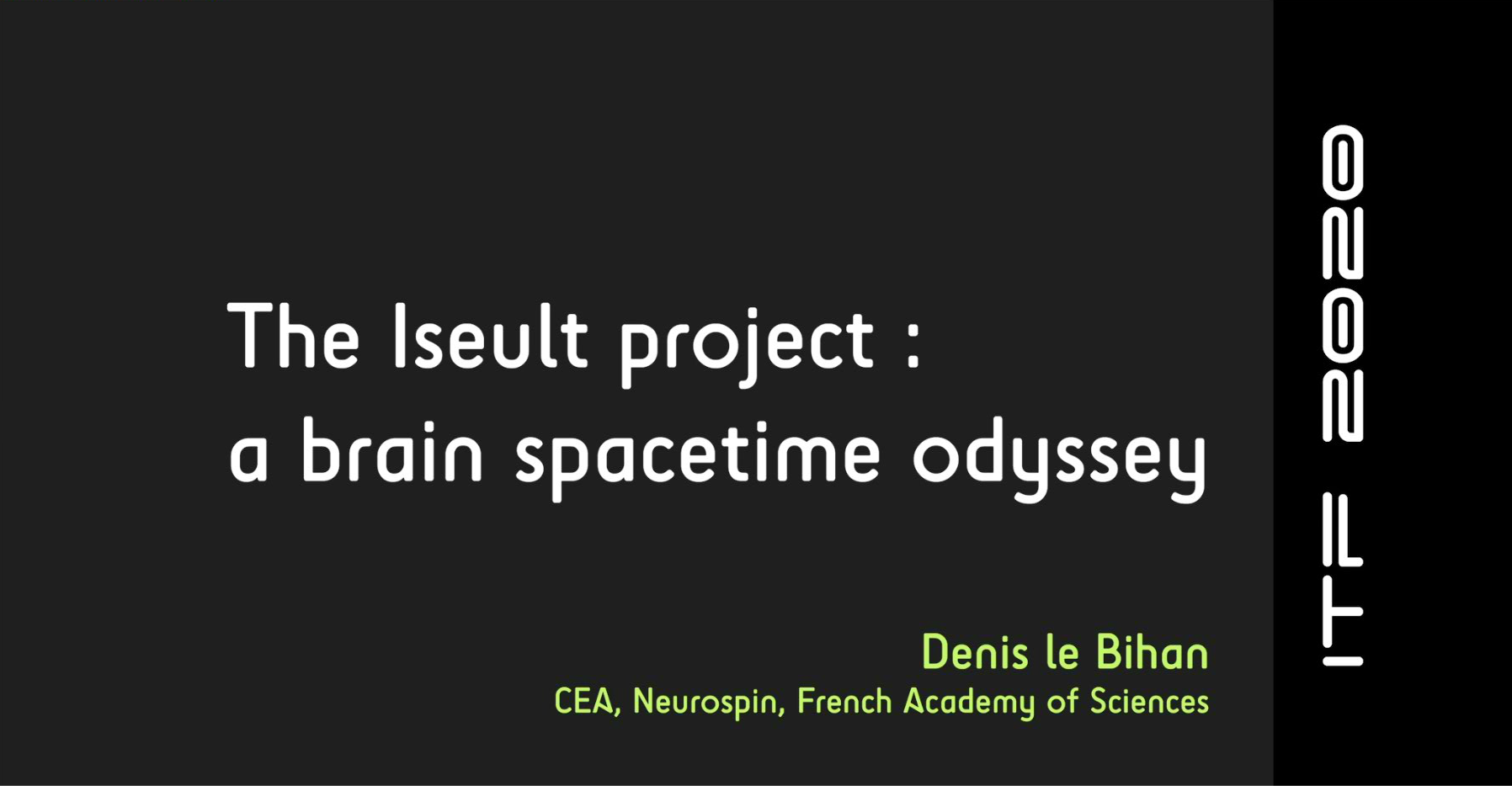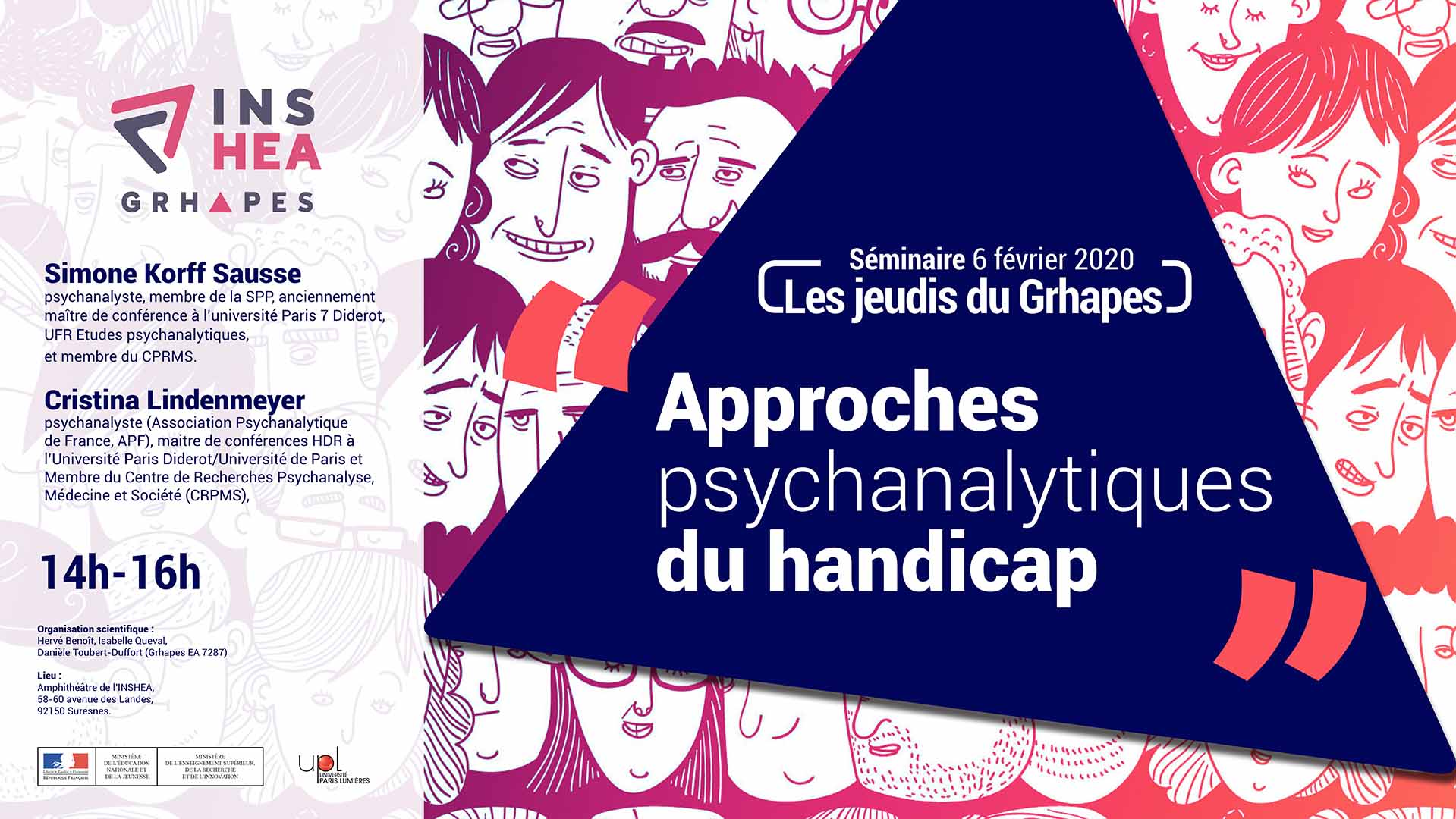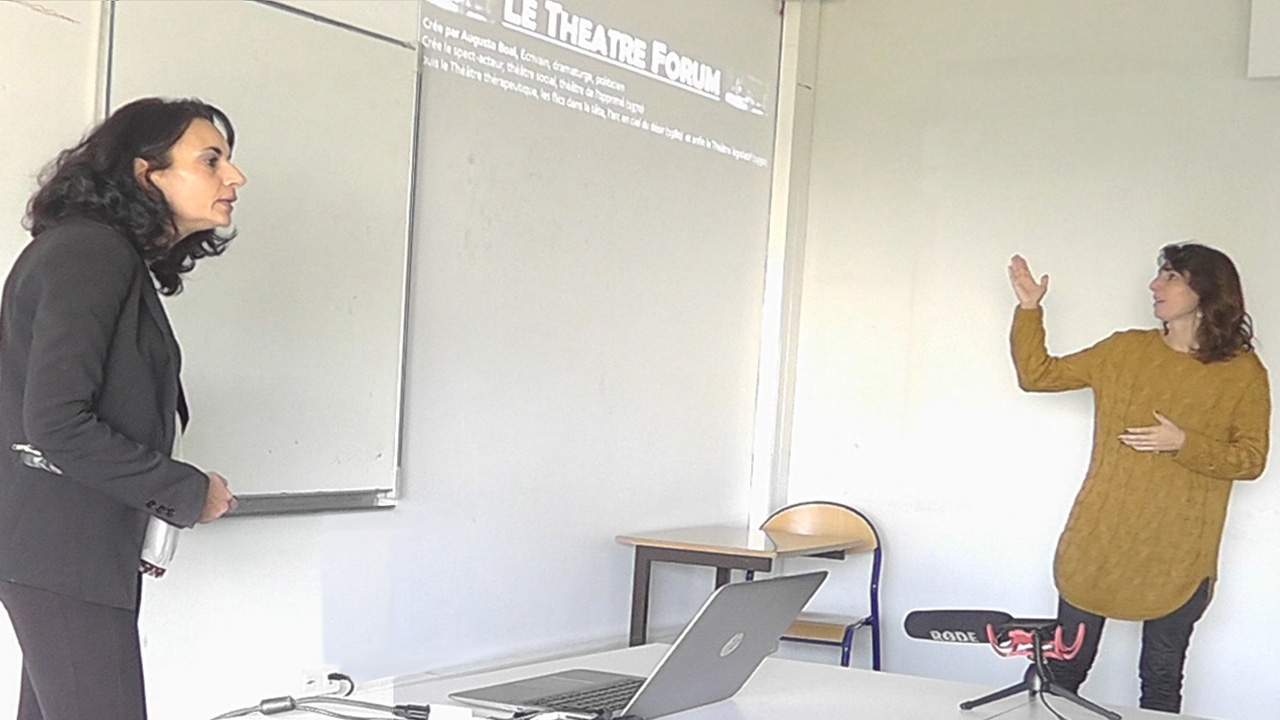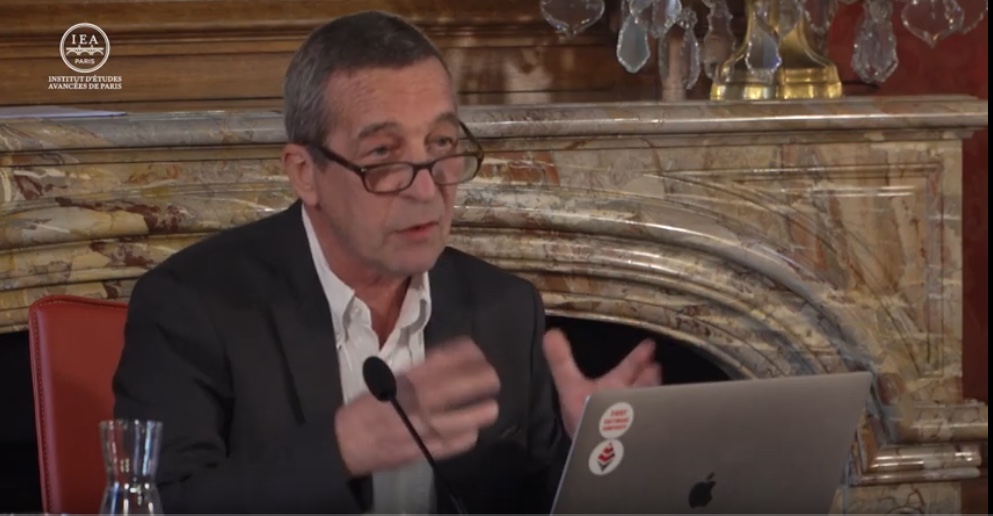Notice
The coldness of the stone and the lightness of the bird: a memorial garden for the victims of November 13, 2015
- document 1 document 2 document 3
- niveau 1 niveau 2 niveau 3
Descriptif
Talk by Madeleine ACCARAIN (Wagon Landscaping, Paris), as part of the workshop "Memory, Place, and Material Culture", organized by John SUTTON, 2022-2023 research fellow at the Paris IAS, Emeritus Professor at Macquarie University, Australia, May 16 and 17, 2023.
Presentation
If remembering and feeling, designing and decision-making are situated as well as embodied processes, then cognition can have material and ecological components. Our mental lives may be partly constituted by places – landscapes, built environments, neighbourhoods – and by artifacts. This workshop examines relations between memory, place, and material culture. Our topics include maps and spatial cognition, tools and devices in wayfinding and memory, mental health and the city, difficult places and historically burdened heritage, and spatial disruptions of memory. Speakers draw on evidence from archaeology, architecture, art, neuroscience, performance, philosophy, and sociology, opening up new questions about the nature of bodily and affective orientation as people navigate places and the past together.
Intervention / Responsable scientifique
Thème
Sur le même thème
-
Diplôme Universitaire - Apprendre à apprendre
Présentation de la formation
-
L'exploration mentale #4 – Intelligence émotionnelle et la compréhension de ses granularités
LacroixÉricPorlierChristopheL'exploration mentale #4 – Intelligence émotionnelle et compréhension de ses granularités
-
L'exploration mentale #3 – La visualisation dans la performance sportive
LacroixÉricPorlierChristopheL'exploration mentale #3 – La visualisation dans la performance sportive
-
mark edmonds, building and belonging: architecture and memory in neolithic orkney
EdmondsMark R.SuttonJohnTalk by Mark EDMONDS, (Archeologie, York), in the context of the workshop "Memory, Place, and Material Culture", organized by John SUTTON, 2022-2023 research fellow at the Paris IAS, Emeritus
-
La théorie des graphes pour comprendre la réorganisation cérébrale après un coma.
AchardSophieLa théorie des graphes pour comprendre la réorganisation cérébrale après un coma.
-
Topological insights in neuroscience
Hess BellwaldKathrynOver the past decade, and particularly over the past five years, research at the interface of topology and neuroscience has grown remarkably fast. Topology has, for example, been successfully applied
-
Consommation ou sobriété : comment notre cerveau nous permet de choisir ?
GranonSylvieAu cours de cet exposé nous verrons comment les connaissances actuelles sur le fonctionnement cérébral et la prise de décision permettent d’expliquer comment se font les choix, leur diversité et ce
-
The Iseult project : a brain spacetime odyssey
Over the past ten years, Bio-Imaging translational research has experienced an unprecedented expansion: ten years of challenges, collaborations, success stories and significant advances, thanks
-
le langage totalitaire
Une théorie qui se prétend totalement explicative est une théorie totalitaire. Le langage est alors organisé autour d'une seule référence, qu'elle soit religieuse, laïque ou scientifique. Le chef, le
-
Les jeudis du Grhapes : Cristina Lindenmeyer
LindenmeyerCristinaDétail des interventions de la huitième séance du séminaire de recherche « Les jeudis du Grhapes » 2019-2020 « Altérité(s) et société inclusive » 6 février 2020 : « Approches psychanalytiques
-
Apprendre à apprendre : alliance des neurosciences et du Théâtre-Forum, un test d'approche multimod…
Morato-LallemandFrançoiseGrangetteLaurèneUne étude de l’OVE, publiée en avril 2009, recensant les différentes situations d’abandon des étudiants à l’université montre que, dans une large majorité de cas, les étudiants sont en difficulté
-
cognition naturelle, cognition artificielle
JouenFrançoisConférence inaugurale de François Jouen (EPHE PSL) dans le cadre du cycle « La bioéthique : aux frontières de la vie ». organisé par l’Institut d’études avancées de Paris et l’École pratique des


